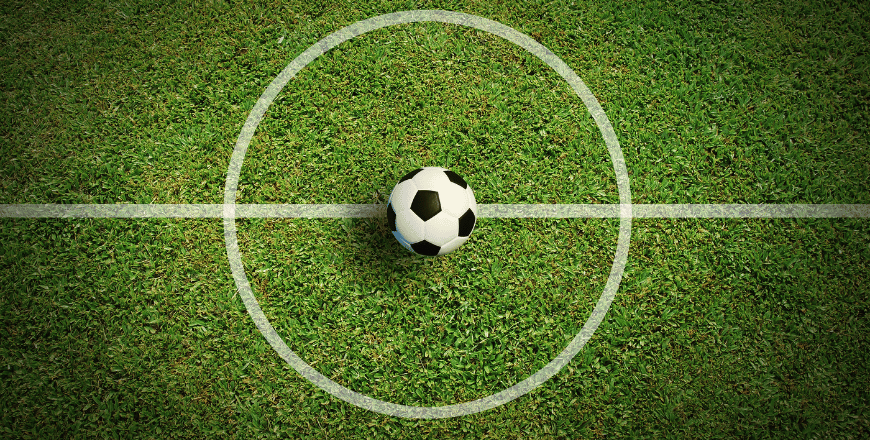Artificial turf, a synthetic alternative to natural grass, has become increasingly popular in various applications, from sports fields to residential landscapes. In Mumbai, a bustling metropolis known for its vibrant culture and diverse industries, artificial turf manufacturing plays a significant role in meeting the demand for green spaces in urban environments. This article delves into the key factors influencing artificial turf manufacturing in Mumbai, examining the tradeoffs, challenges, and environmental considerations involved in the process.
Market Dynamics and Demand Trends
The demand for artificial turf in Mumbai is driven by several factors, including the growing popularity of sports such as football and cricket, the need for low-maintenance landscaping solutions in urban areas, and the scarcity of water for maintaining natural grass. As the city continues to expand and space becomes limited, artificial turf offers a practical solution for creating green spaces that are both aesthetically pleasing and functional.
Quality Standards and Manufacturing Processes
Artificial turf manufacturers in Mumbai adhere to stringent quality standards to ensure durability, safety, and performance. The manufacturing process involves the use of specialized machinery and materials such as polyethylene or polypropylene fibers, backing systems, and infill materials like silica sand or rubber granules. Each component is carefully selected and tested to meet industry standards and withstand the rigors of use in sports fields and other applications.
Environmental Considerations and Sustainability
While artificial turf offers numerous benefits, including water conservation and reduced maintenance costs, it also raises concerns about environmental sustainability. The production of synthetic materials and the disposal of worn-out turf can have negative impacts on the environment if not managed properly. Manufacturers in Mumbai are increasingly adopting sustainable practices, such as recycling materials and reducing water and energy consumption, to minimize their environmental footprint.
Challenges and Future Outlook
Despite the growing demand for artificial turf, manufacturers in Mumbai face various challenges, including competition from imported products, fluctuating raw material prices, and regulatory hurdles. Additionally, concerns about the safety of artificial turf, particularly regarding heat retention and abrasion injuries, require ongoing research and development efforts to address.
In conclusion, the artificial turf manufacturing industry in Mumbai is poised for continued growth, driven by urbanization, changing lifestyles, and environmental concerns. By balancing quality, sustainability, and innovation, manufacturers can meet the evolving needs of customers while minimizing their impact on the environment. As Mumbai embraces artificial turf as a viable solution for green spaces, careful consideration of these factors will be essential to ensure a thriving and sustainable industry for years to come.
We are India’s premier football infrastructure company and the undisputed expert in artificial turf grass for football fields. Experience unmatched quality and performance tailored to your facility by transforming your field into a masterpiece of durability and playability.
Stop elevating your game – rise above the rest with FootballTurf.in today.


